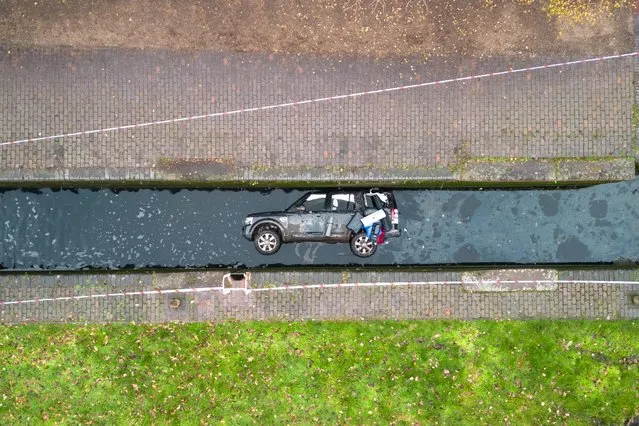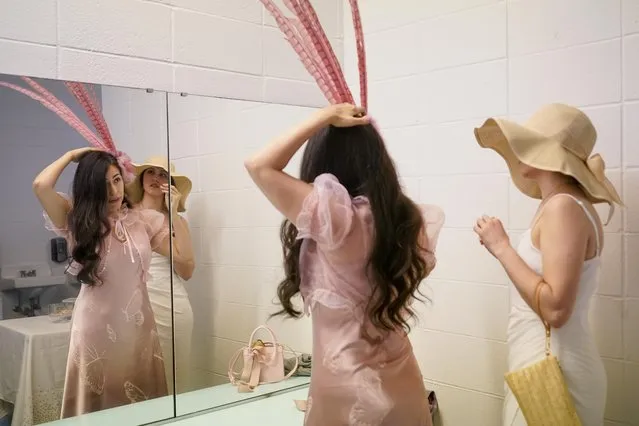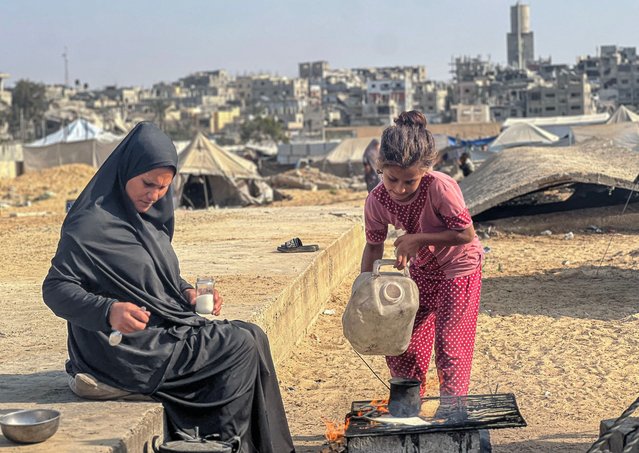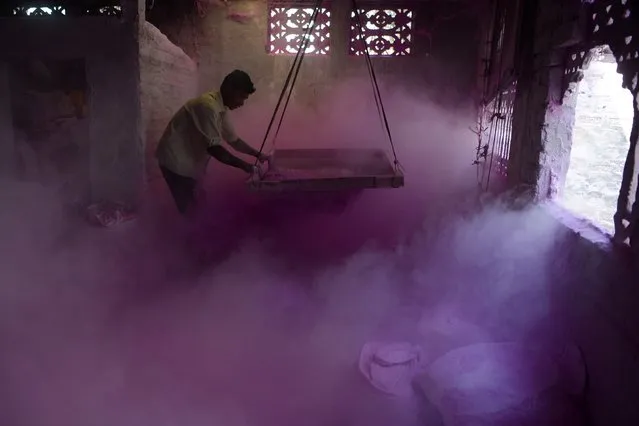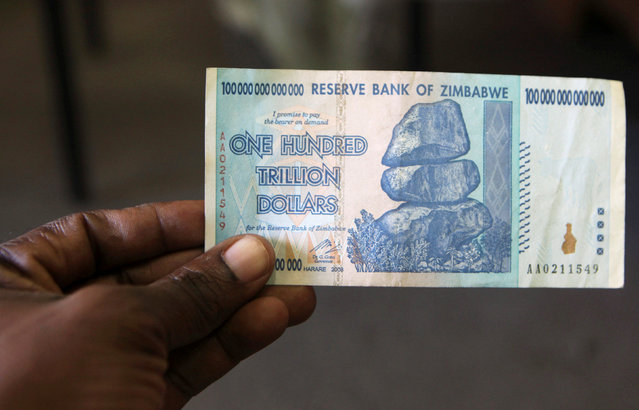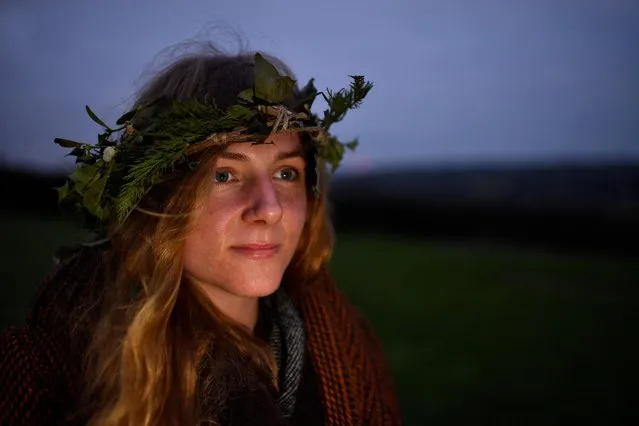
Aoife Ni Heochaidh enjoys the sunrise as she welcomes winter solstice at the 5000-year-old stone age passage tomb of Newgrange in the Boyne Valley, as entry inside the chamber is closed for the second year due to coronavirus disease (COVID-19) pandemic, in Newgrange, Ireland, December 21, 2021. (Photo by Clodagh Kilcoyne/Reuters)
22 Dec 2021 07:42:00,post received
0 comments



